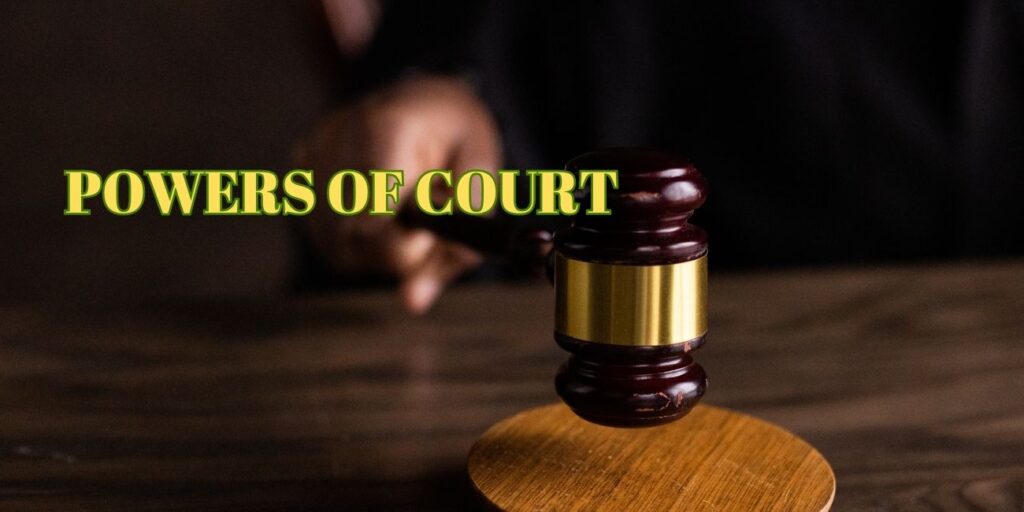
There are two types of court proceedings a) adversarial proceedings b) inquisitorial proceedings. Under adversarial proceedings, the court remains a silent spectator means it is the parties who produce their case/evidence before the court through their council, and the court after examining the evidence gives its judgment, but the court remains silent, whereas under inquisitorial proceedings court does not remain silent rather active and ask all questions from parties directly and conduct proceedings itself.
In India, we follow adversarial proceedings and not inquisitorial, whereby the court remains a silent spectator and considers only those evidences which are led by parties before the court. As the court has to do justice with parties, then while parties placing their evidences, there may be chances that slight doubt or any question or query comes into the magistrate’s mind, then can the court clear such doubts by asking questions from parties? As we have seen above that in adversarial proceedings court remains silent.
On one hand, if parties are expected to come up with the best evidences before the court, then off-course the court is also expected to extract the best evidence among those evidences, and thereby court may use its special powers given under section 165 of the Indian Evidence Act. Section 165 of the Evidence Act gives wide power to the court whereby the court may ask any questions be it relevant or irrelevant from any person or party at any stage of the proceedings.
Parties to suit or proceedings produce their witnesses before the court, when the prosecution produces witness, said witness called the prosecution witness and when the accused produces his witness, said witness called the defence witness. There may be chances that the court by using a case diary, or while examinations of prosecution or defence witnesses, find that any person who has not yet produced by either party then the court may call that person as a witness, court issues summon for examination or re-examination under section 311 Criminal Procedure Code, 1973 (hereinafter referred as CrPC) and such witness called the court witness.
Section 311 CrPC and section 165 Indian Evidence Act are complementary to each other. Under section 311 CrPC court may call any person as a court witness and under section 165 of the Evidence Act court may ask any question to such court witness or any other witness or parties to the case. Both provisions give wide powers to the court, which can be exercised by the court in order to extract the best evidence and to reach on conclusion of the case.
If you want to be a judicial officer and are looking for RJS coaching in Jaipur, here, at Jyoti Judiciary we provide comprehensive study material to make your preparation solidified and top notch. From preliminary mock tests, to mains answer writing sessions every material required for clearing the exam is provided. We have separate legal current affairs classes, legal general knowledge, and current affairs classes all in one-time enrolment. Hurry up.









